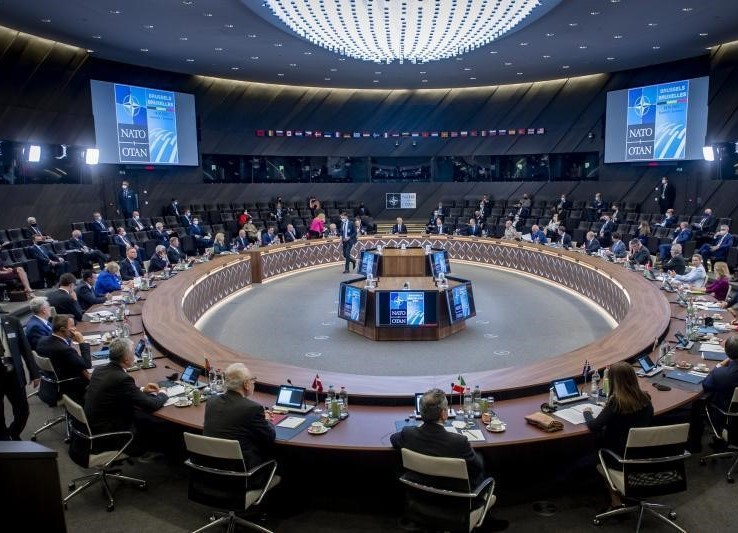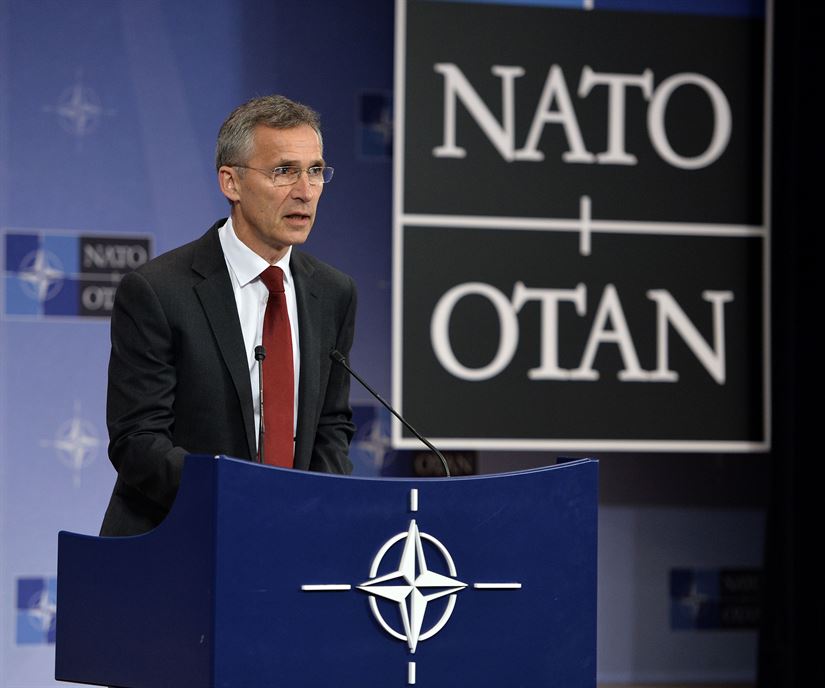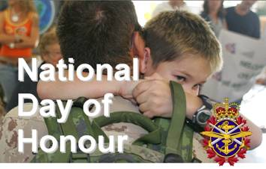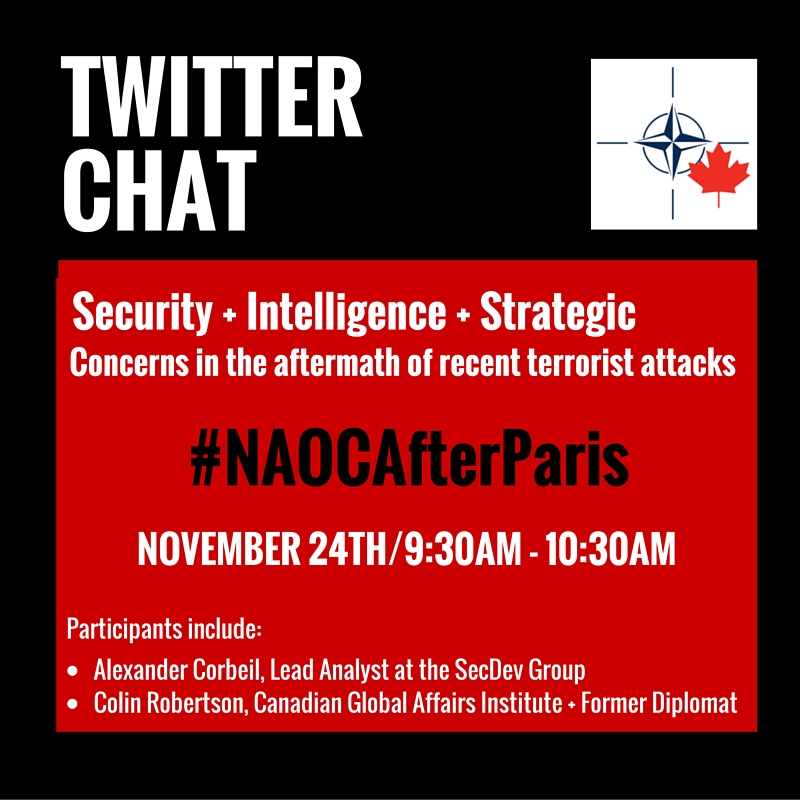Introduction
Intergovernmental organizations, or IGOs, are a type of institution developed by national governments to encourage collaboration and coordination on topics of shared interest among them. These organizations provide member states with a forum for discussion, policy coordination, and cooperation on a variety of political, economic, and social problems. NATO is a military and political alliance that was founded in 1949 to promote collective defence and prosperity among its member countries. NATO, as a military alliance, has traditionally focused on security issues. Yet, in recent years, NATO has come to see the value of working with other IGOs to address a larger variety of international issues. NATO has collaborative ties with several IGOs, including the United Nations Office on Drugs and Crime (UNODC), the Organization for Security and Cooperation in Europe (OSCE), the Gulf Cooperation Council (GCC), and others.
NATO & the OSCE
The OSCE and NATO collaborate on a variety of security-related initiatives stemming from their shared commitment to promoting peace, stability, and security in the Euro-Atlantic region. Canada supports the OSCE’s initiatives to advance democracy and human rights, particularly in its capacity as a participant in the OSCE Parliamentary Assembly. The Election Observation Missions (EOMs) that the OSCE Parliamentary Assembly conducts are where Canada performs a critical function. Election observation missions (EOMs) are a crucial tool for monitoring and evaluating how elections are being conducted in OSCE member states and for making suggestions for improvements when necessary. Canada has recently sent observers to several EOMs run by the OSCE Parliamentary Assembly, including the 2019 Ukrainian presidential election and the 2021 Albanian parliamentary election. These missions usually involve sending a group of parliamentarians and experts to the target nation to scrutinize the electoral process, meet with key stakeholders, and report their findings to their host governments. Canada has also contributed money to other OSCE projects, such as those aimed at preventing and resolving conflicts and combating terrorism and transnational crime. For instance, Canada announced funding in 2020 for a project meant to improve the OSCE’s ability to deal with hate crimes and hate speech.
To advance security, stability, and the fight against terrorism in the Middle East and North Africa, a partnership was established on the principles of respect and cooperation. To illustrate, Canada’s participation in the NATO Training Mission – Iraq (NTM—I), which was established in 2004, involved the deployment of trainers, advisors, and support personnel to aid in the training and development of Iraqi security forces such as the army, police, and border guards. Around 60 military personnel who were part of the initial NATO Training Implementation Mission are still in Iraq under NATO control. They are from Hungary, Norway, the Netherlands, Italy, and Canada.
NATO’s Canada & the Arab League
Canada’s readiness to assist with security measures in Iraq through NATO may also be influenced by Canada’s positive relationship with the Arab League, an IGO of Arab states in and around North Africa and the Middle East, in which Baghdad has representation. For example, Canadian officials have expressed their commitment to supporting peace in the Israeli-Palestinian conflict and have joined other states and groups, such as the EU and Arab League, in reaffirming their support for a two-state solution. Canada also supported NATO and the Arab League’s efforts to develop a plan for a democratic transition in Syria, which would lead to the formation of a national unity government under the vice president. The Arab League’s plan included holding free and fair elections and submitting a new constitution to a popular referendum. Canada has also assisted the Arab world in managing the Syrian civil war by welcoming over 25,000 Syrian refugees, alleviating the pressure on surrounding states.
NATO and the UNODC
The partnership between NATO and the UNODC is centred on improving collaboration in fields like anti-narcotics. NATO and the UNODC have coordinated their efforts to stymie the illicit drug trade, and Canada has taken part in these initiatives. The Central Asia Counternarcotics Initiative (CACI), which was started in 2006, is one specific instance of NATO’s collaboration with the UNODC to this end. The project aimed to strengthen Central Asian nations’ abilities to combat the production and trafficking of illegal drugs, including in UNODC members like Kazakhstan and Kyrgyzstan. Canada is taking part in a project to support the establishment of drug treatment and rehabilitation facilities in Central Asia. To aid in this enterprise in Afghanistan, the Canadian government announced in 2007 that it would donate $27 million (CAD) to the UNODC. These facilities offer vital services, such as medical care, counselling, and vocational training, to people who are battling drug addiction. They are crucial in lowering drug-related crime and enhancing the region’s public health outcomes.
Conclusion
NATO’s collaboration with other IGOs is an essential part of its mission to promote collective defence and prosperity among its members. While NATO has traditionally focused on security issues, it has come to see the value of working with other IGOs to address a broader range of its political objectives. By working with NATO and other organizations, Canada is more able to achieve its foreign policy goals and promote peace, stability, and security around the world than it could if it simply acted alone. As a military and political organization, NATO plays a crucial role in Canada’s foreign policy, and Canada must remain thoroughly committed to this alliance.
Photo: “Deputy Secretary of State Wendy Sherman briefs the North Atlantic Council in Brussels, Belgium” (2022), by The U.S. Department of State via Flicker. Public Domain.
Disclaimer: Any views or opinions expressed in articles are solely those of the authors and do not necessarily represent the views of the NATO Association of Canada.




